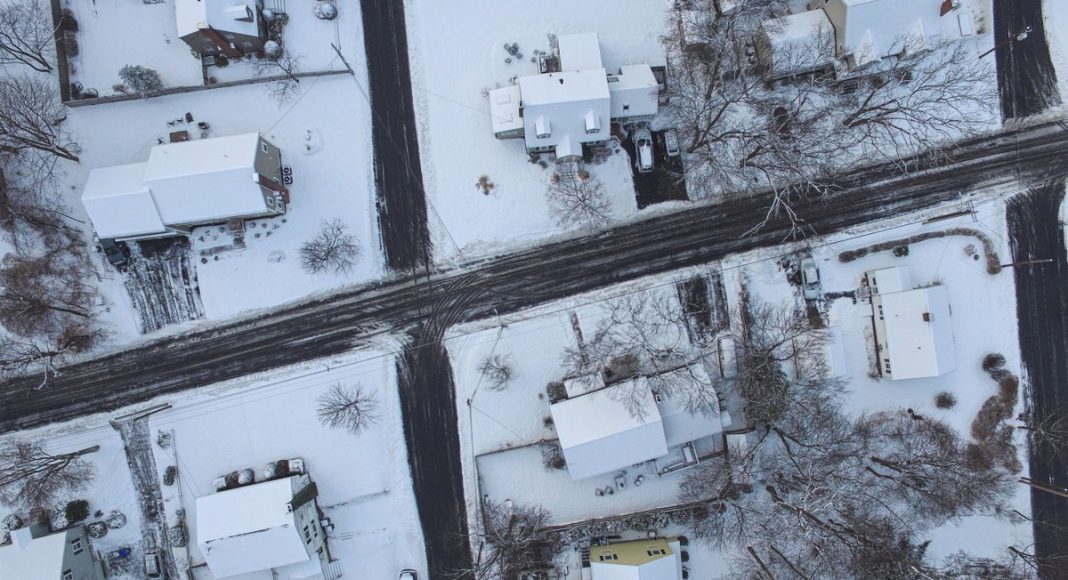Last November, Massachusetts overwhelmingly voted for Question 4, becoming one of eight states in the nation to allow for the adult use of recreational marijuana. Since then, the Bay State has been awash in questions about Question 4.
Originally, the sale of legal weed was supposed to begin on Jan. 1, but just four days before the new year, the state legislature voted to delay sales until July 1. Now the big question is where consumers will actually be able to purchase recreational marijuana.
-
Related Story: Boston To Be Marijuana Capital Of The World By 2020
According to the Boston Globe, at least 76 cities and towns in the state are considering restrictions on cannabis sales.
Question 4 was written to allow cities and towns to opt out of the retail structure, and many are exercising that right. The law clearly reads:
The proposed law would authorize cities and towns to adopt reasonable restrictions on the time, place, and manner of operating marijuana businesses and to limit the number of marijuana establishments in their communities. A city or town could hold a local vote to determine whether to permit the selling of marijuana and marijuana products for consumption on the premises at commercial establishments.
Although the measure passed with 53.6 percent of the vote — 1,769,328 votes — the residents is 91 communities did not support it. Now, those jurisdictions are fighting back.
Andy Gaus, spokesman for the Massachusetts Cannabis Reform Coalition, fears that illicit sales will continue to thrive in Massachusetts — and the state’s coffers will be denied much-needed tax revenue.
“If [communities] want control, the best thing to do is let the shops open and make adjustments as they go,” Gaus told the Globe. “They don’t have any control over the black market.”
Massachusetts is not alone in walking the fine line once voters have had their say. Colorado, California and Washington have also struggled with state vs. local issues.
The Massachusetts Department of Revenue estimates that recreational sales could produce $64 million in tax revenue in the first 12 months of the program.
[gravityform id=”13″ title=”false” description=”true”]


